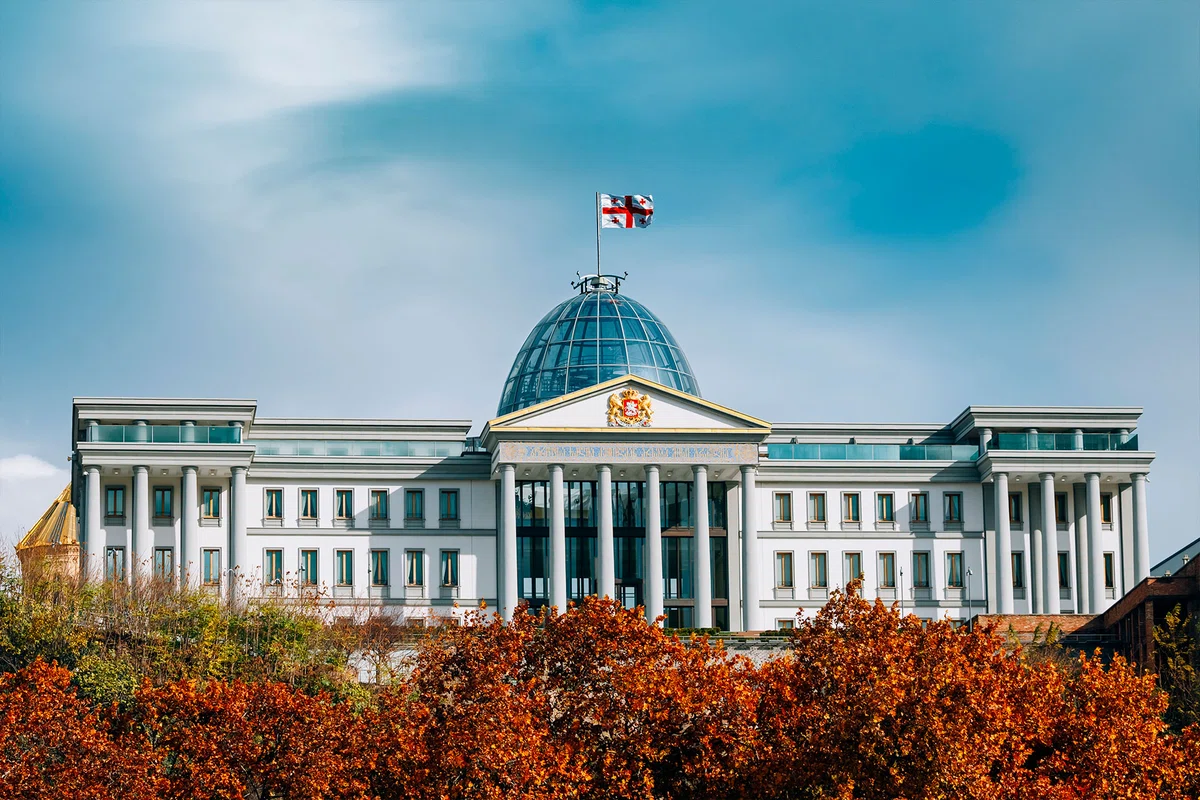
A brief history of Georgia - how the Union influenced the fate and development of the country.
After Georgia joined the Russian Empire, economic growth was noted in the country - railways began to be built, new enterprises were organized. Georgia became part of the USSR as a Transcaucasian Socialist Federative Soviet
Since the annexation of Georgia to the Russian Empire, a new milestone in the history of the Georgian state begins. The XIX – the beginning of the XX century is a time of major changes in the political, social, economic and cultural spheres of the country.
The abolition of serfdom in 1864-1871 contributed to the development of agriculture in the country: an increase in the territories of cultivated lands, the emergence of the division of different regions of agrarian Georgia into separate crops: wheat was grown in the east, and corn in the West of the country. However, in terms of technical equipment, the industry was still lagging behind. Viticulture and winemaking – the traditional occupations of Georgia – occupied three times the place after grain farming.
Another important factor in the country's economic growth was the active construction of railways. The railway connection between Tbilisi and the port city of Poti was opened in 1872, and in 1883 - a railway line connecting the cities of Baku, Tbilisi and Batumi. Railways united the disparate economic regions of the country, allowed to expand trade and created conditions for the development of industry, primarily coal and manganese. Manganese was exported to other countries through the port of Poti, and oil was exported through the port of Batumi. The handicraft production of leather, soap, and tobacco products was not inferior to the position.
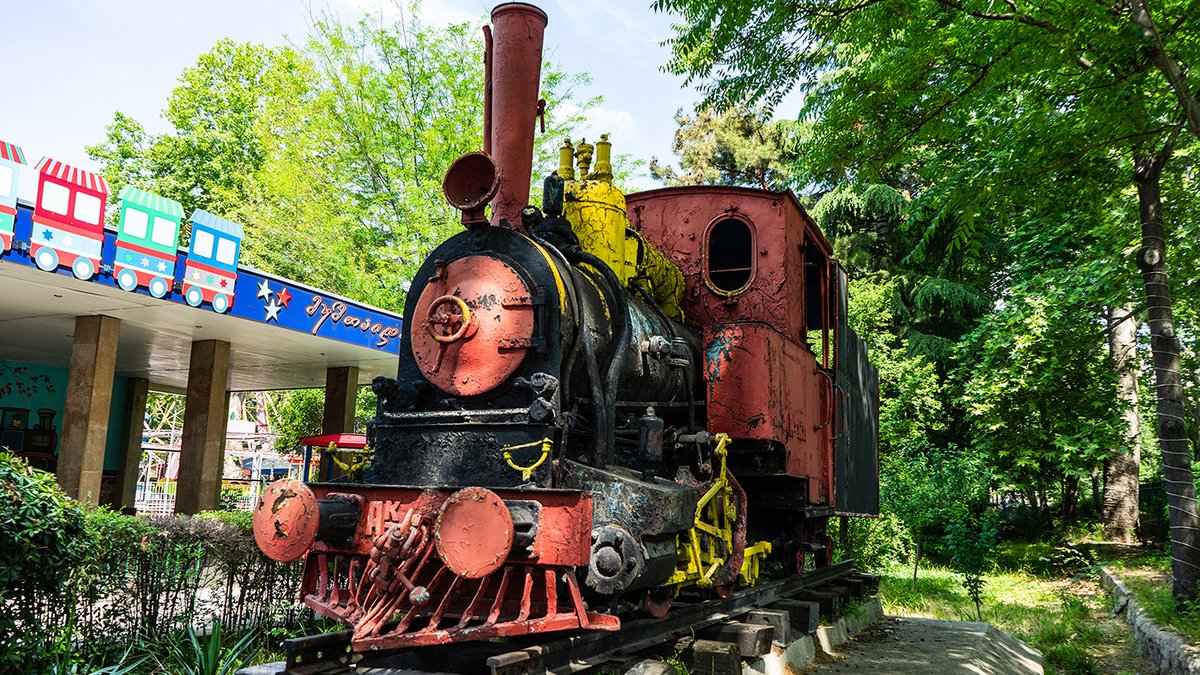
Georgia did not last long as a part of the Russian state. After the October Revolution of 1917, which marked the fall of the Russian Empire, a coalition government of Transcaucasia was created, which recognized the Transcaucasian region as an independent republic. And in 1918, the leaders of the Constituent Assembly of Georgia declared the country an independent state. The year 1921 brought the establishment of Soviet power to Georgia, and from 1922 it became part of the USSR as a Transcaucasian Socialist Federative Soviet Republic, and from 1936 as a union republic.
On the territory of Georgia, as well as other Union republics, the policy of collectivization and industrialization was actively pursued. The period of the Great Patriotic War did not pass without a trace for the Georgian people. Georgian military formations took part in the battles for the liberation of the Crimea, the Taman Peninsula, and the battles for the Caucasus.
Since the 70s of the XX century, anti-Soviet, nationalist sentiments began to manifest themselves in the country, and at the end of the 80s, rallies with demands for the establishment of the independence of the state were already raging. Two leaders Zviad Gamsakhurdia and Eduard Shevardnadze appear in the political arena.
On April 9, 1991, based on the results of a nationwide referendum, the Supreme Council of the Republic adopted an Act on the restoration of Georgia's independence, Zviad Gamsakhurdia became the first president of the country following the results of the elections in May 1991. However, he was unable to hold on to his new post due to the sharp opposition of opposition political forces. The newly elected president was ousted, the country was headed by a Military Council, which decided to dissolve parliament and suspend the constitution.
Subsequently, the Military Council was replaced by the State Council of Georgia. Eduard Shevardnadze headed the new political body of the country. In October 1992, as a result of the elections and, not without the support of the army, E. Shevardnadze became the leader of the parliament and interim president of independent Georgia.
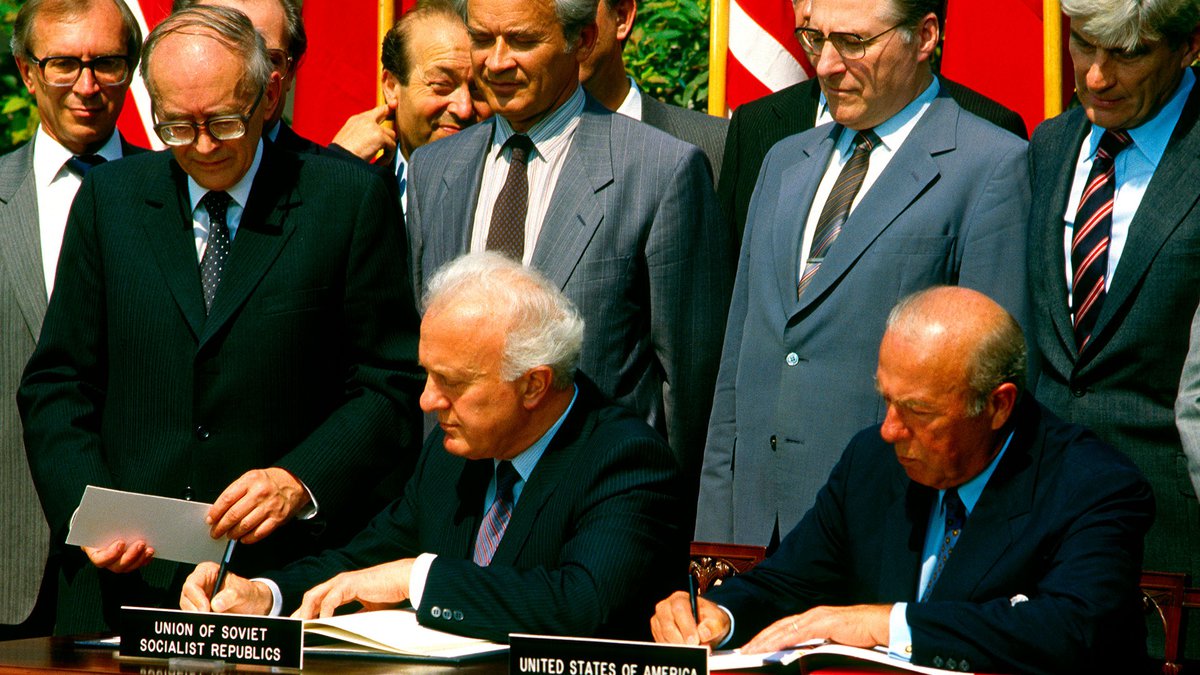
In the 90s, the political situation in Abkhazia and South Ossetia, also striving for the status of sovereign states, sharply worsened, and armed conflicts broke out one after another in the period from 1992 to 1994. In 1994, Georgia joined the Union of Independent States (CIS).
In 1995 and 2000, E. Shevardnadze was twice re-elected President of Georgia for new five-year presidential terms. But the current difficult political and economic situation in the country led to a general growing discontent with the country's political course, which in November 2003 resulted in the "Rose Revolution". E. Shevardnadze left his post ahead of schedule, and opposition leader Mikhail Saakashvili became the new president of the country following the results of the elections held in January 2004.
M. Saakashvili "stayed" as the head of Georgia for two terms, almost 10 years from 2004 to 2013. The state system was a strong presidential republic with an insignificant role of parliament.
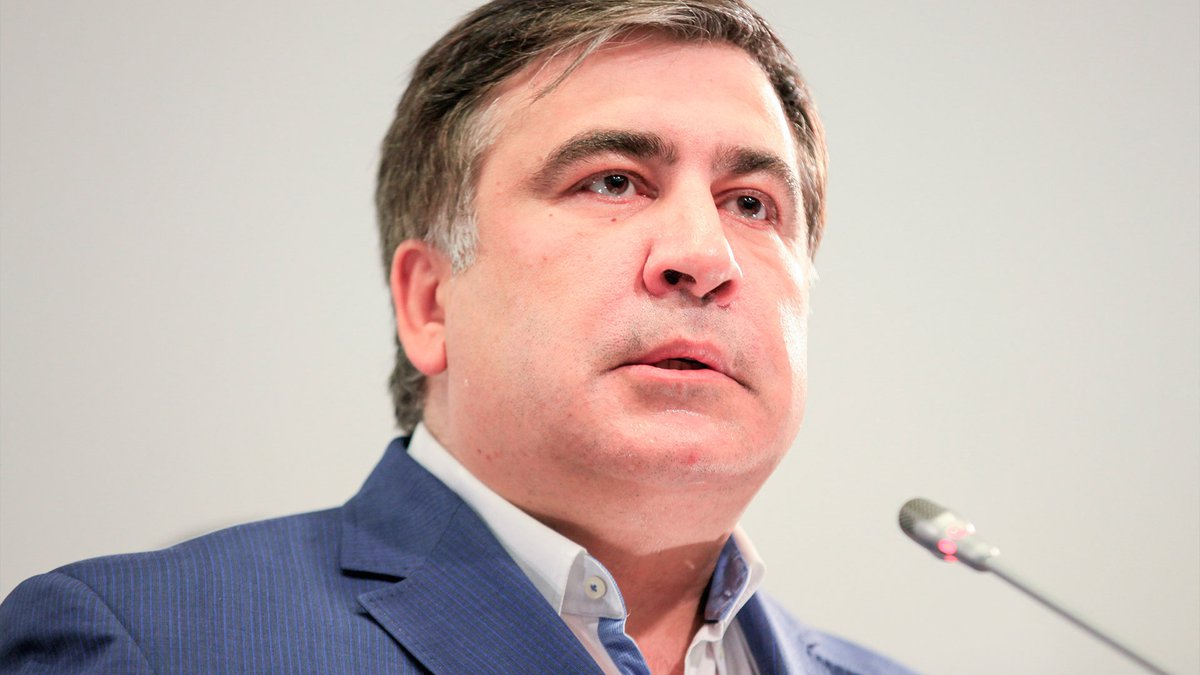
The foreign policy course was directed towards the West, including with the aim of joining NATO, with the cooling of relations with Russia. The 2008 war with South Ossetia, as a result of which Abkhazia and South Ossetia were recognized by Russia as sovereign states, became a historic moment in Saakashvili's presidency.
In domestic policy, it is necessary to note a number of reforms in the field of taxation (the number of taxes has been reduced to six), the privatization of state property, the de-bureaucratization of the country has been carried out.
Since December 16, 2018, the current President of Georgia is Salome Zurabishvili.
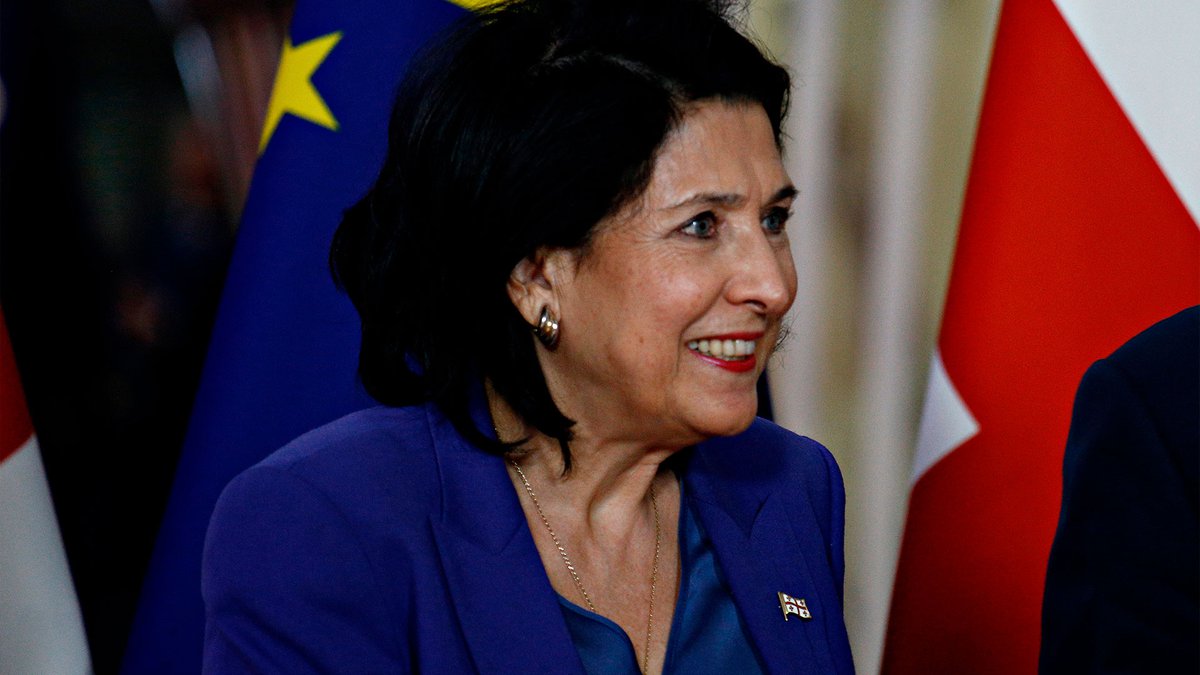
Read more information about Georgia, its features and attractions in the Madloba catalog. We try to explain in simple and understandable language all the subtleties of staying in the country for foreign citizens. We will also tell you how to make your trip to this mountainous region magical and unforgettable.




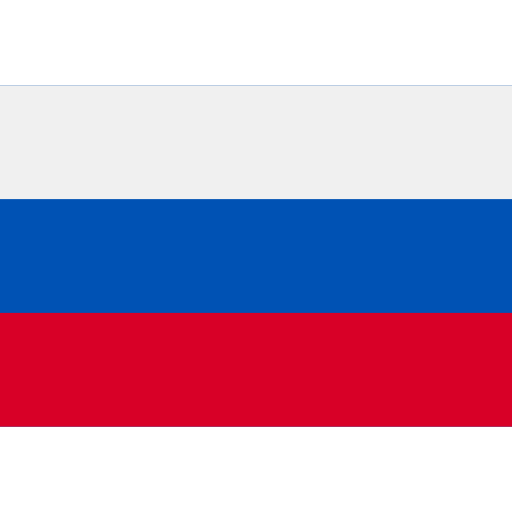







12 comments
Log in to leave a comment